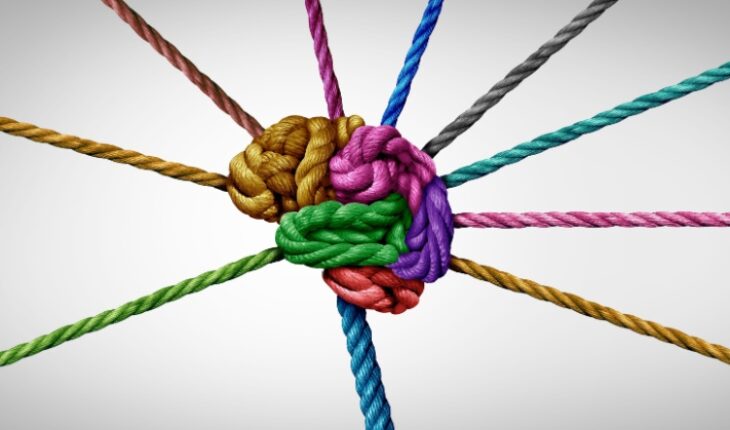Getting curious about how your mind works isn’t just for people in therapy or during a crisis–it’s something that can benefit everyone. When you understand yourself better, it becomes easier to make decisions, manage stress, and feel more in control of your time and energy. Most people spend their lives reacting to what’s going on around them, but rarely take time to explore what’s going on inside their own mind. The thoughts, patterns, and habits that shape each day often go unnoticed, even though they play a huge role in how we feel, work, and connect with others.
Recognising patterns in your thinking
Everyone has certain thoughts that pop up again and again, whether it’s second-guessing decisions or worrying about things that haven’t happened yet. These patterns aren’t always helpful, but they often go unchallenged simply because they feel familiar.
When you start paying attention to your thoughts, you can begin to notice what triggers stress, what lifts your mood, and what habits might be holding you back. Understanding those patterns gives you more choice in how you respond to everyday situations.
Knowing when to ask for more insight
Sometimes, people struggle with focus, restlessness, or a constant sense of being overwhelmed, and they’re not sure why. Getting professional input, like going through an ADHD assessment, can help make sense of those experiences and open the door to strategies that actually work.
It’s not about labelling yourself, but about learning more so you can find tools that make daily life feel less frustrating and more manageable. Getting that kind of insight often leads to real, lasting change in both personal and work life.
Connecting thoughts to emotions
Thoughts and emotions are closely linked, but people often separate them when trying to figure out why they feel a certain way. If you’re constantly thinking you’re not doing enough, it’s no surprise if you’re also feeling anxious or low.
By slowing down and noticing how certain thoughts are connected to emotional reactions, it becomes easier to shift the tone of your day. This kind of awareness doesn’t remove stress completely, but it does help take the edge off and give you more control over how you feel.
Supporting your mental health with daily habits
You don’t need to make major changes overnight to support your mental health–sometimes the best results come from the smallest, most consistent habits. Whether it’s journaling, walking, deep breathing, or simply setting boundaries around screen time, these things help keep your mind in a better place.
The key is doing what works for you and adjusting as your needs change. Mental wellbeing is personal, and building routines that support it is something that evolves over time.
Creating space for self-awareness
Modern life moves fast, and that speed often leaves very little space to reflect. But creating moments of pause, even just for a few minutes a day, gives your brain the space to catch up and process what’s going on.
Whether it’s during a commute, while drinking your morning coffee, or before bed, these quiet moments can help you stay connected to yourself in the middle of a busy schedule. That connection often leads to better choices, calmer responses, and a stronger sense of direction.
- Long hospital stays reach worst levels this winter - 6th February 2026
- 1960s Men’s Gym - 6th February 2026
- NHS trials low impact sleep apnoea device - 6th February 2026







